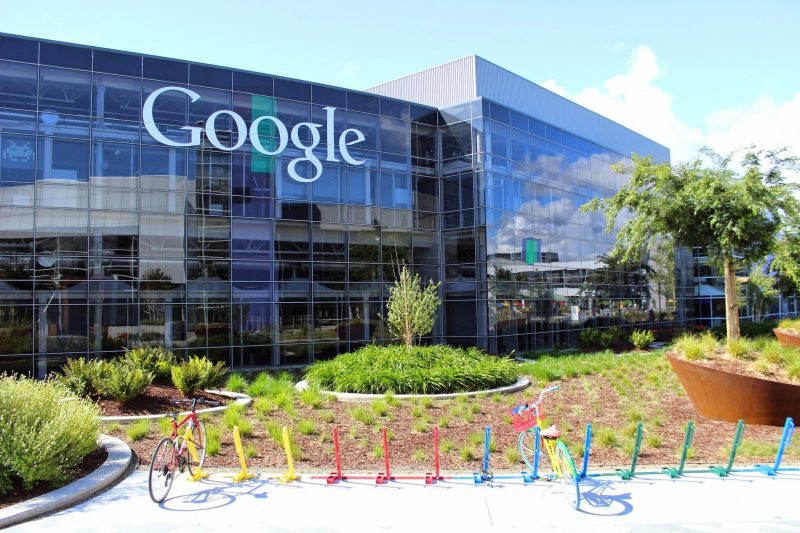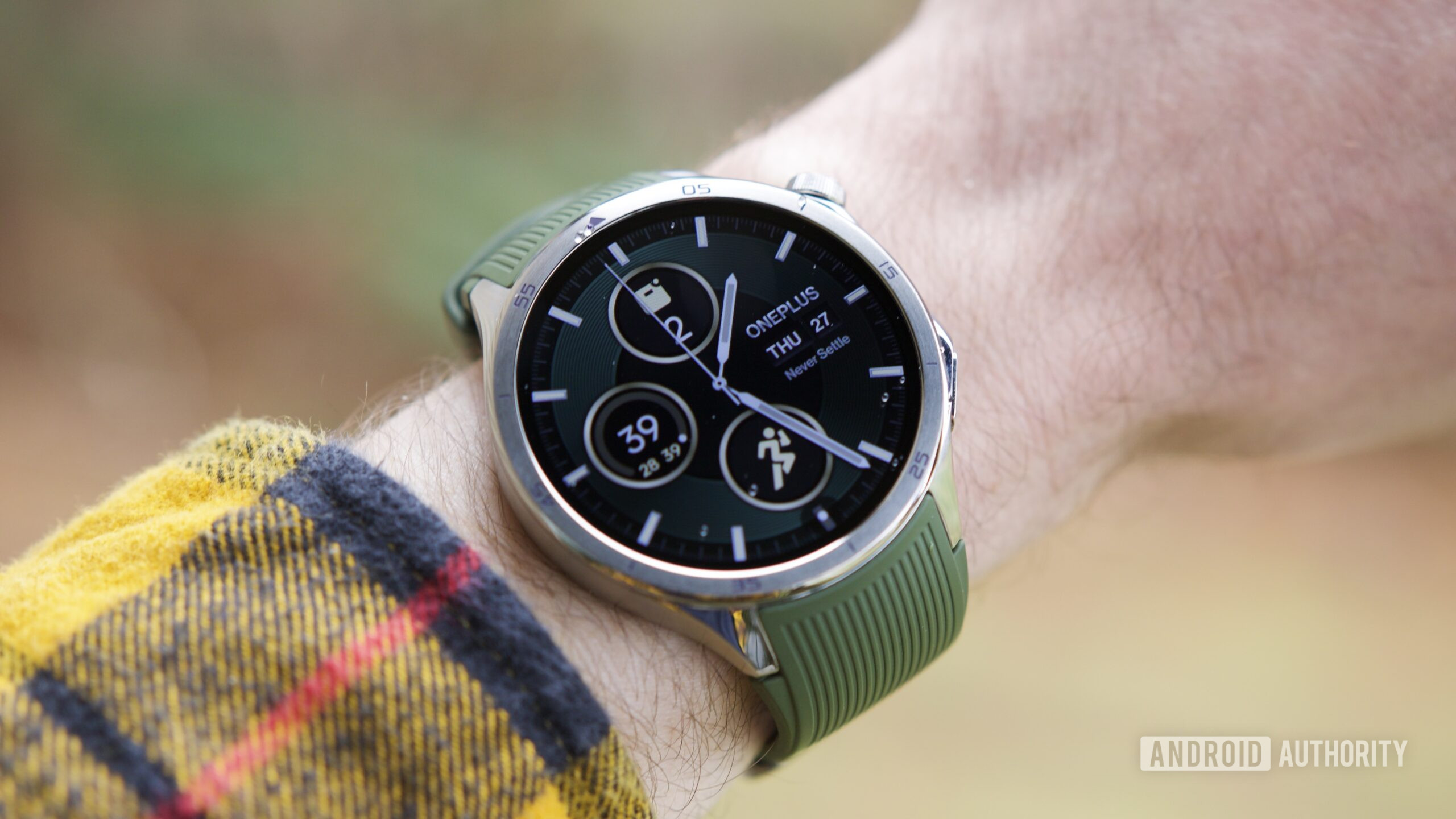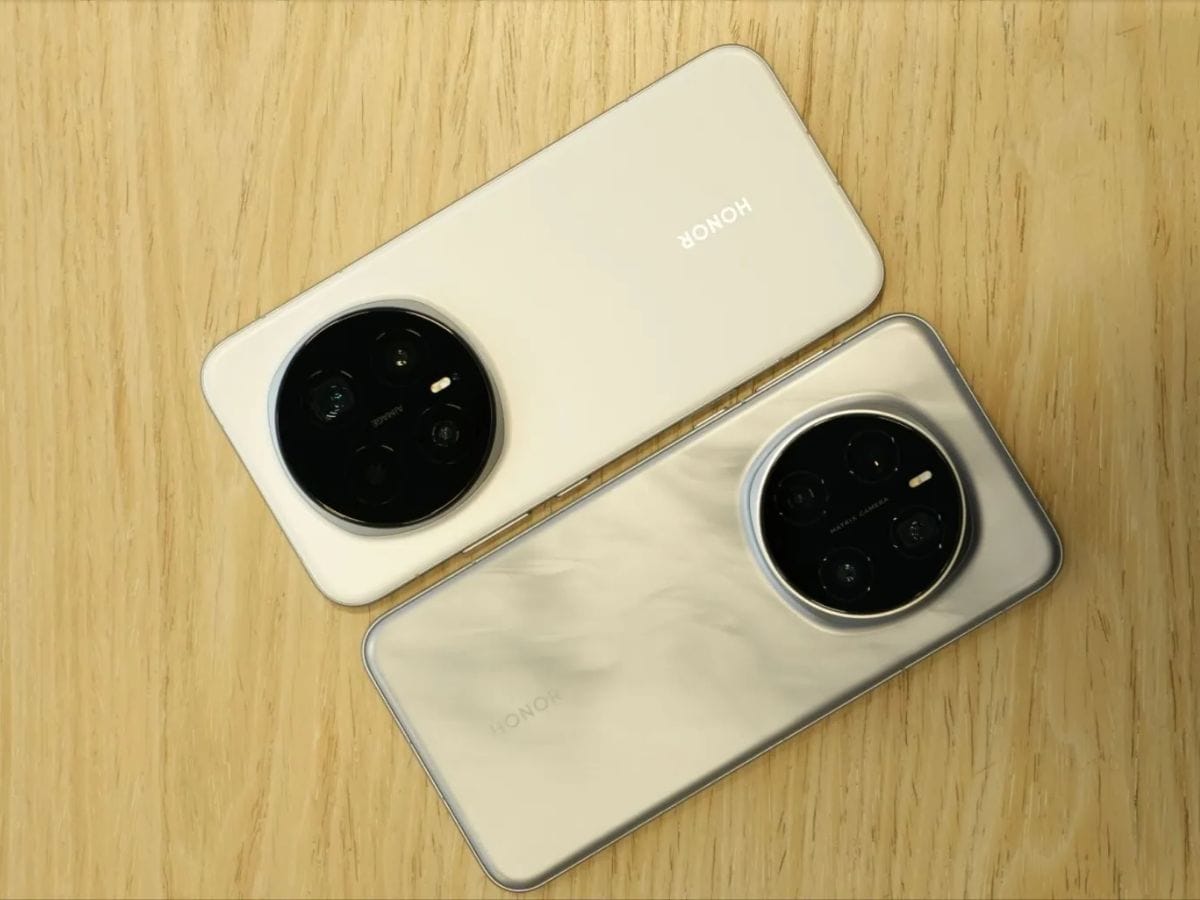That artificial intelligence is reaching the musical field is something that does not catch us by surprise. But what songs generated through this type of tools to go to a platform like Spotify is already something to think. Especially if we take into account the detail that they are songs that take reference to deceased artists.
As reported by the media 404Media, Spotify has published songs generated by artificial intelligence in the official pages of deceased artists decades ago, apparently without having the permission of families or records. Although the platform has already removed some of these contents after complaints, it is clear that it is a sign that it will be more and more complicated to determine whether a song is generated or not by an AI. At least the examples we show below are seen.
The case discovering the cake. Blaze Foley, Country singer -songwriter killed in 1989, appeared last week with a new song entitled “Together” on its official Spotify page. Craig McDonald, owner of Lost Art Records and responsible for managing Foley’s digital catalog, discovered the subject by chance and confirmed that it was a song generated by AI that had nothing to do with the style of the Texan musician. The song also included an image generated by a man who was not similar to Foley singing in front of a microphone.
It is not an isolated case. The investigation revealed that Guy Clark, winner of a Grammy and who died in 2016, had also “released” a song for the same week. “Happened to you” appeared in his official profile with the same characteristics: artificial generated music and false image of the artist. Both songs were marked with the “Syntax Error” copyright, a company from which there is no public information but has distributed at least three similar themes in recent days.
A case that adds to the ghost bands. The situation becomes from Castaño to dark, and adds to the growing wave of completely fictitious groups, as is the case of Velvet Slown, which achieved more than one million monthly views making themselves pass by a real folk band, or the girls, the Spanish project that jumped to the media at the end of 2024. It seems that this time it goes beyond creating non -existent artists, but that the identity of dead music is supplanting. monetize artificial content under your name and reputation.
Distribution without verification. According to the company, the songs arrived in Spotify through Soundon, the Tiktok musical distribution platform that allows you to upload music directly with hardly any verification filters. After the publication of the article by 404 Media, Spotify contacted them by e-mail and said he had withdrawn the content claiming violation of his policy against deceptive content, but the damage to the reputation of the artists was already done. McDonald states that any artist follower would have immediately detected fraud. Although it also admits that the problem arises with the new listeners, since they can confuse these songs generated by the artist launched.

The solution that does not arrive. McDonald proposes a seemingly simple measure: that Spotify requires authorization from the owner of the official website before allowing new content to appear. Meanwhile, companies such as reality defend, a company in charge of detecting deepfakes generated by AI, confirm that these songs present “indicators that show a probability superior to the normal generation by AI”, but the detection continues to depend on external tools.
A problem that can go worse. Most likely, we see more similar cases while platforms do not implement stricter verification systems. It is clear that artificial intelligence can catch off many people, but platforms as seated and prolific as Spotify must take action. The debate here is no longer the artistic quality, but the identity of a real, deceased person is being supplanted.
Cover image | 404Media and WorldOfSoftware
In WorldOfSoftware | 14 apps and services to discover new music in Spotify, Apple Music and other streaming services











